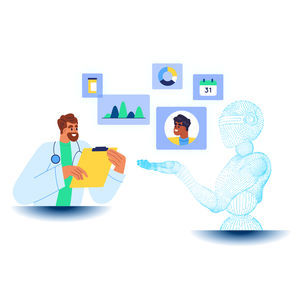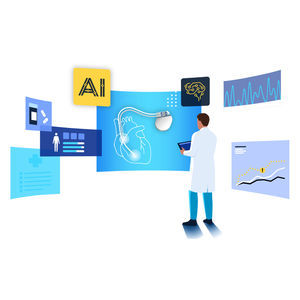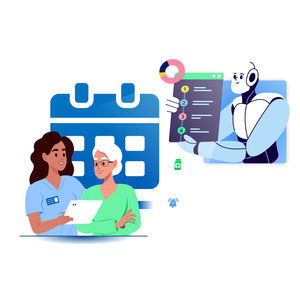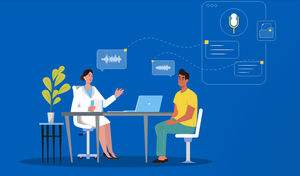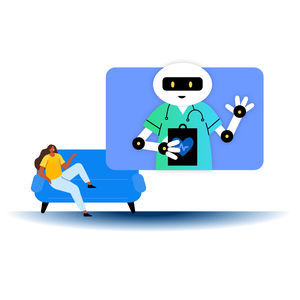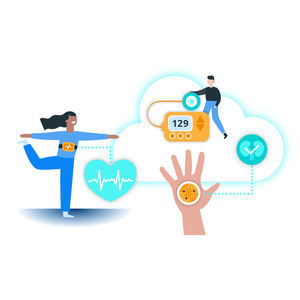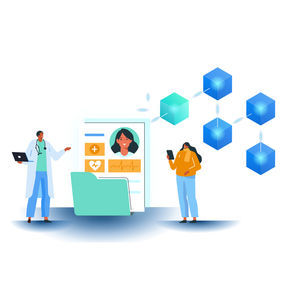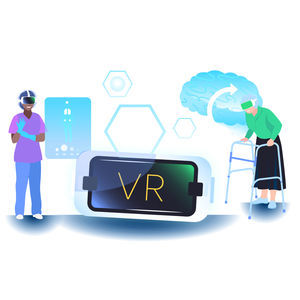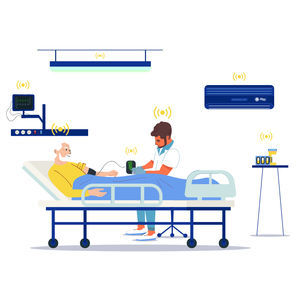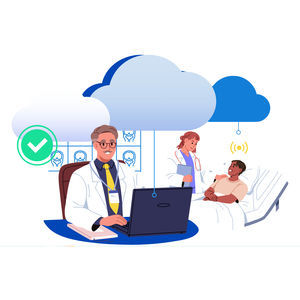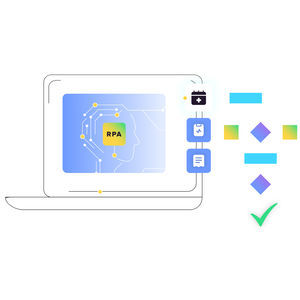
- Products
- Catalogs
- News & Trends
- Exhibitions
AI software treatmentmedicalneurological
Add to favorites
Compare this product
fo_shop_gate_exact_title
Characteristics
- Function
- treatment
- Applications
- medical, neurological
- Type
- AI
- Certifications
- ISO
- Other characteristics
- custom
Description
With ISO 13485, ISO 9001, and ISO 27001 certifications and 150+ healthcare projects, ScienceSoft designs secure and accurate AI-powered software for mental health care providers and startups.
AI for Mental Health in a Nutshell
AI-driven mental health solutions can increase access to mental health services by up to 30% [Mind Matters Surrey NHS] and detect mental conditions with 63 to 92% accuracy [a systemic review written by researchers from IBM and the University of California]. When used for emotional support, AI-powered mental health chatbots have been shown to reduce psychological distress by 70% [a meta-analysis by researchers from the National University of Singapore].
Custom AI software for mental health allows mental health organizations and startups to get a solution with tailored algorithms that address specific practice needs and specialized treatment approaches.
Mental Health AI Market Overview
The global AI market for mental health was estimated at $1.13 billion in 2023 and is projected to grow at a CAGR of 24.10% from 2024 to 2030. The major market drivers include the increasing prevalence of mental disorders and heightened awareness of mental health as a significant health concern.
Use Cases of AI in Mental Health
Early detection tools
AI-powered tools can analyze speech (e.g., changes in tone, pitch), text (e.g., words that indicate certain emotions, the sentiment of a text), and physiological data (e.g., heart rate variability, galvanic skin response) to detect mental health and neurological conditions. This data can come from EHR, questionnaires, voice recordings, data from wearables, and even information sourced from a patient’s social media.
Related Searches
- Analysis medical software
- Radiology software
- Viewer software
- Control software
- Scheduling software
- Monitoring software
- Diagnostic medical software
- Hospital software
- Online software
- Treatment software
- Tracking software
- AI software
- Artificial intelligence software
- Surgical software
- Education software
- Web-based software
- Data analysis software
- Cardiac software
- Image analysis software
- EHR software
*Prices are pre-tax. They exclude delivery charges and customs duties and do not include additional charges for installation or activation options. Prices are indicative only and may vary by country, with changes to the cost of raw materials and exchange rates.


